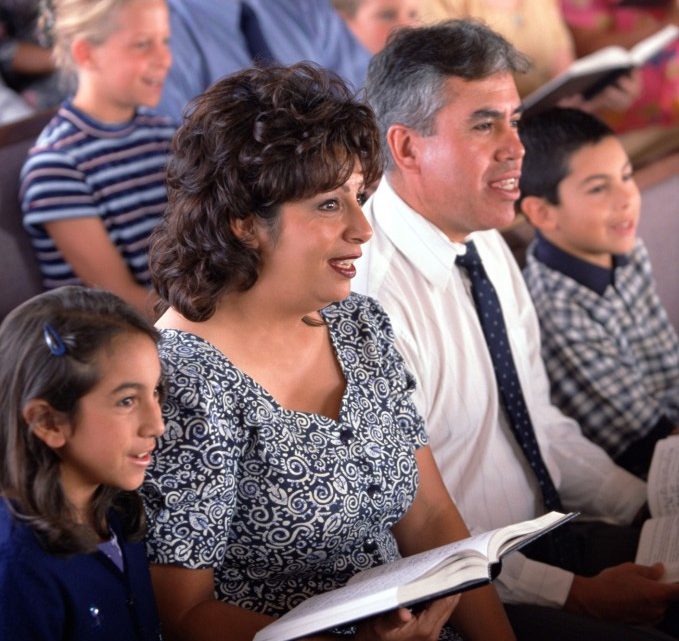One Sabbath at my church in Arizona, a distinguished couple visited for worship. What made them different was that they were black, and my church was white. So was the rest of the city. Among 50,000 residents at that time were only five or so black families, yet our church warmly welcomed Johnny and Juanita Johnson as one of our family. Later we learned that Dr. Johnson had been assistant secretary of the U.S. Navy and had served as an advisor to three presidents: Nixon, Ford and Reagan (while governor of California). He and Juanita had moved from Washington, D.C., to Arizona for the weather.
Their first Sabbath at our church, they decided to join. I can’t take the credit, because the Johnsons for years in Washington been steady customers of the Potomac Adventist Book Center. Paul Glenn, assistant manager, befriended them and guided them into reading our message books. All they needed was to connect with a loving local church, and they were hooked.
Their story illustrates how God can use a church resource, in this case an Adventist Book Center, to build up a local church. This month we are featuring various resources of the church, all of which exist to support local churches.
Why? Because the local church is where the action is. It’s where people get dedicated as babies, baptized as youth, married as adults and finally, at the end of the day, have their funeral. It’s where they hear the word of God Sabbath after Sabbath, when other denominational institutions close down. Schools, conference and union offices, book stores and media centers all shut down on the Lord’s Day as faithful members flock to worship in their local congregations, to be energized and equipped to disperse once again into the world.
Local churches around the world are the foundation and the heart of Seventh-day Adventism. All the resources and institutions of the denomination have value only to the extent that they build up the local church. Otherwise they don’t even deserve to exist.
What about Adventist schools? They are worth every cent it takes to fund them—if and only if they support and nurture local churches. And we see this all around the Mid-America Union. Students and teachers are fully engaged with their church family, both in worship and community outreach. Kids and their teachers show up for congregational work bees. Church members are the grandparents, aunts and uncles of the students. There is a deep affection, an inspiring synergy between church and school that can’t be fully described; it must be experienced. It is one of the sweetest things this side of heaven.
Like I say, all over the Mid-America Union this is happening—but not spontaneously. It must be intentional. Pastors and school staffers become strategic partners; church boards and school boards work closely together to discuss how they can nurture the kids in becoming stewards of their talents in the congregation.
This is also true for academies around Mid-America. Students are being mentored for ministry in local churches. That’s the purpose of Christian education—not primarily to keep our kids from being evolutionists or drug addicts, but to help them take their place in the body of Christ. We can be proud of our academies. Some of the most creative disciple-making of teenagers being done in the North American Division is happening at our academies—all with the goal of building up the body of Christ.
Likewise for Union College. In my (admittedly biased) opinion, it’s the most missional institution of higher learning of any union conference. This is common knowledge around the North American Division. It’s also Grade A academically—but that’s not why it exists. Union College justifies its existence by training our precious young people to achieve excellence so they can go home and serve their communities through their local churches.
If Union College ever ceased to build up local churches in Mid-America, it would not deserve to exist. The same is true for your local conference office and for Mid-America Union headquarters, where I’m editing this magazine. Outlook exists for one purpose: to serve local conferences in building up their local churches with missional news and inspiration.
So don’t send me stories about somebody’s 100th birthday party unless she has served as a centurion in the Lord’s army, building up her local church. Don’t send me pictures of smart kids who win scholarship awards unless they are using their skills right now to build up the body of Christ. Nothing is worthy of publication unless it can inspire somebody to do something for the glory of God in a local congregation. That’s how the work of God will finally get finished around this world—through local churches.
We hear the saying, “All politics is local.” The same is true for religion. It’s all about the local church.










